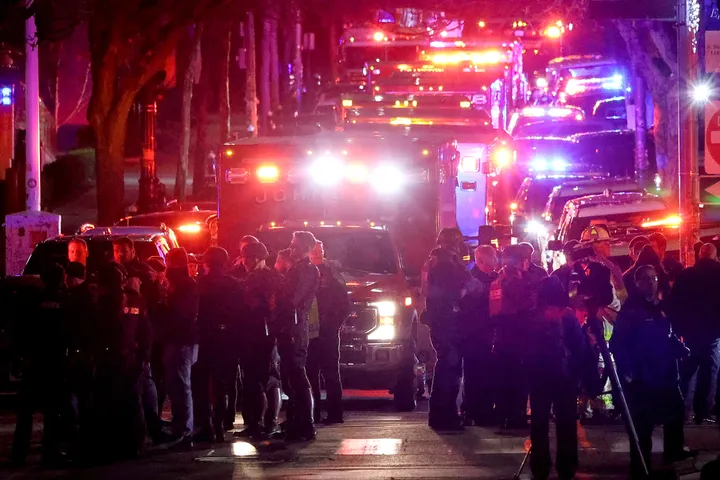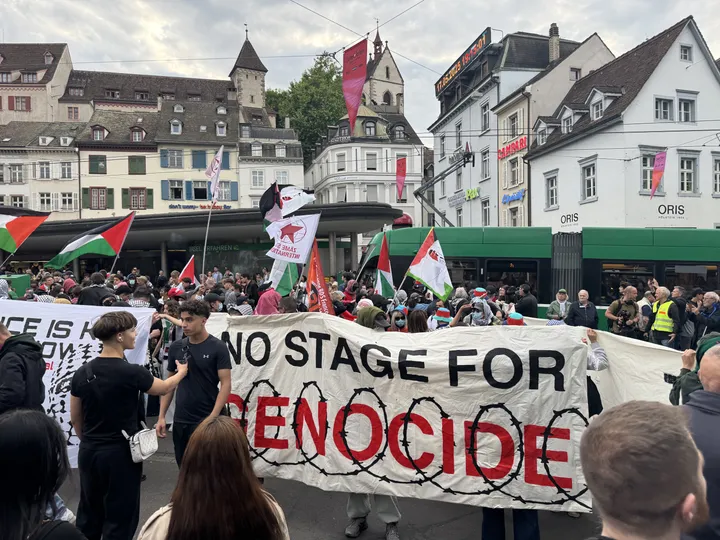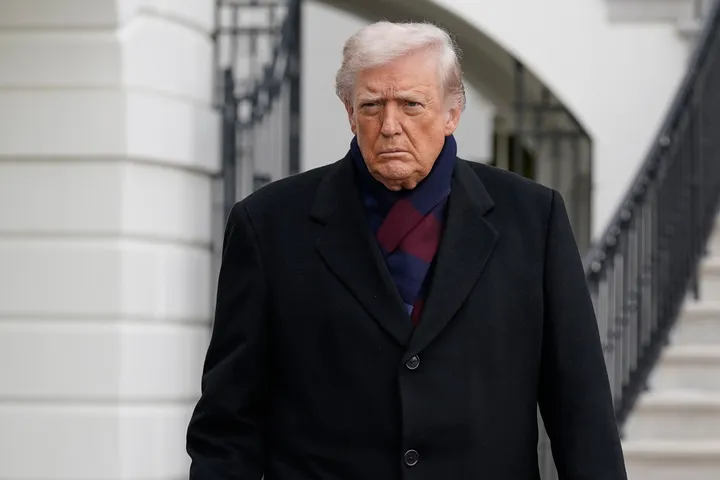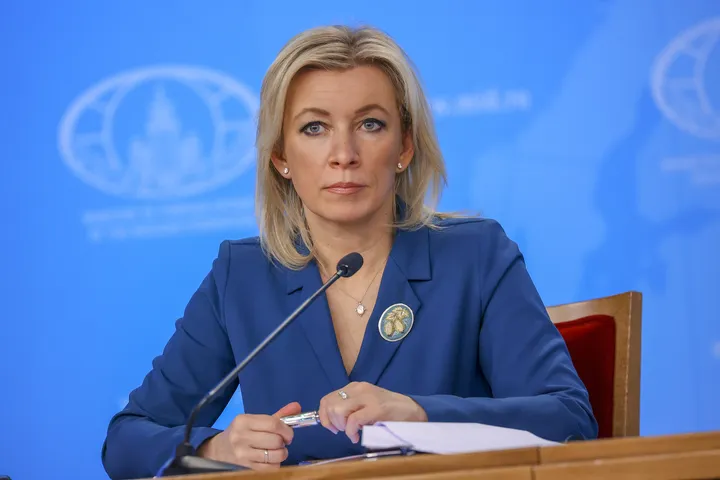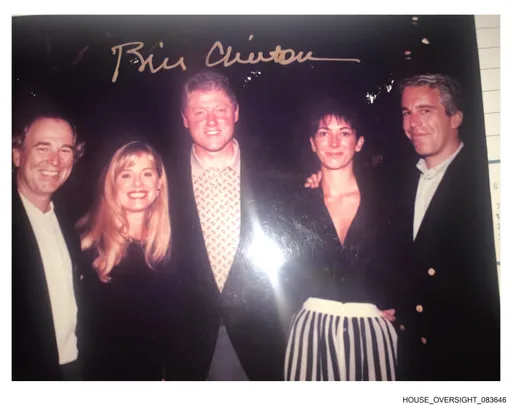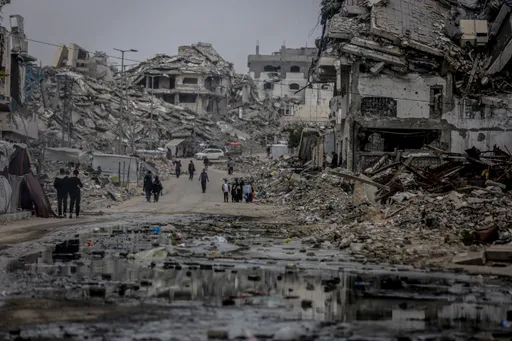In its more than six years of war, Syria has been the battleground of international power games and internal strife. Now that the US-backed militia, YPG, controls in the north where Daesh was virtually wiped out, and different opposition groups hold some small territories, there are fewer actors on the ground today. This has renewed the urgency of finding a political solution to the conflict in Syria.
The parties to the conflict previously sought political solutions with the UN-backed Geneva talks that restarted in early 2016, but they ended in deadlock. Russia, Turkey and Iran later convened in Astana in a series of talks to establish de-escalation zones in an effort to complement the Geneva processes.
The leaders of Russia, Iran and Turkey, which spearheaded the Astana talks will meet in Sochi on Wednesday to discuss the post-conflict political order in Syria.
The month of November has been one of the diplomatic meetings regarding Syria. First, Putin and Trump signed a joint statement on Syria during their meeting in Vietnam on November 11. On November 19, the foreign ministers of Russia, Turkey and Iran met in Antalya, Turkey ahead of the Sochi talks this week. On Monday, November 20, Putin met with Assad in Sochi, in a move to show that after the military struggle ends, he will still support the Syrian regime in that new phase. And the day before the trilateral meeting, the chiefs of staff of Turkey, Iran, and Russia also gathered in Sochi.
Finally, Putin had phone calls with US President Trump, Saudi King Salman, Egyptian leader Sisi and Israel's Prime Minister Netanyahu to talk about his last meeting with Assad and what will be discussed in the trilateral meeting in Sochi on Wednesday.
With the fighting on the ground in Syria winding down, a political solution to the conflict has become more necessary than ever.
What will they talk about?
The Sochi talks will be brokered by the Astana trio: Russia, Iran, and Turkey. In Astana, representatives from the Syrian regime and armed opposition, as well as delegations from the UN, Jordan and the US also attended the talks. The brokering countries agreed to ban the use of any kind of weapons to reduce violence in four de-escalation zones – an agreement that resulted in the reduction in violence, but didn’t end it.
It is again the leaders of the Astana trio who will meet in Sochi, but this time, they will discuss a political solution for a post-Daesh Syria.
“We are now entering a new phase of the conflict,” Huseyin Alptekin, Assistant Professor of Political Science and International Relations at Istanbul Sehir University told TRT World.
“We can predict that [they] will look at the field realities in Syria ... the focus is not just conflict but also settling the stability and the new institutional framework of Syria.”
Aside from the urgency of reducing violence in the opposition-held de-escalation areas, the battle against Daesh has always been a common ground agreed by the Astana trio and the US since the start of the talks. But while Turkey pushed for the Free Syrian Army (FSA) – an umbrella group for the moderate armed forces opposing the Syrian regime, to fight against Daesh on the ground – the US chose instead to support the YPG, which was later called the Syrian Democratic Forces (SDF), to fight against Daesh.
Ankara considers the SDF to be a threat to its borders, and refuses to participate in the fight alongside it. The US-backed SDF is dominated by the YPG, which is the Syrian branch of the PKK. The PKK is recognised as a terrorist organisation by the US, the EU and Turkey.
In Sochi, neither the US nor the Syrian opposition nor the regime will participate in the talks. However, representatives from the Syrian opposition will gather in Riyadh on the same day to try to form a unified opposition ahead of the eighth round of Geneva talks scheduled for November 28.
Moreover, although Assad and the US were not invited to Sochi. But Assad met with Putin in Sochi ahead of the talks. The Russian leader spoke with Trump on the phone afterwards.
For Alptekin, Putin’s meeting with Assad was to make sure that Assad, who disagrees with both the YPG and Turkey, is on the same page with Russia, but it is also a “very strong symbolic message.”
“It is also a message to the outside world that Putin also represents Assad [in Sochi],” he says.
Will they be able to reconcile their different views?
Although it will be difficult to reconcile Turkey’s definite stance on the YPG with Russia’s and the other actors’ flexibilities regarding the militia, experts say that there are a few points on which all the parties agree.
First, Alptekin says that even though the respective parties have different projections for the future of Syria, none of them want the war to continue.
The second is regarding the political future of Syria.
“No matter what kind of regime Syria adopts, all three countries agree on ... [Syria’s territorial integrity],” continued Alptekin.
Aside from the political organisation, the most contentious issue at the Sochi talks will be the status of the YPG/PYD.
Russia has maintained diplomatic relations with all parties to the Syrian conflict, including the PYD, which it considers a legitimate actor in Syria despite the objections of its partner, Turkey.
Since the start of the war, the YPG made it clear that it aimed to carve out an autonomous zone in Syria’s north. As the war progressed, it was able to create a de facto autonomous zone in northern Syria with the arms, strategic and logistical support of the US and the diplomatic and financial support of Russia, despite Turkey’s objections.
Alptekin says Turkey and Russia will likely try to make an agreement regarding the PYD during the Sochi talks.
“... Russia wants to incorporate the PYD into the talks [in Sochi],” Alptekin said. “They want PYD to be on the table. because they don’t want to lose [it to] total American influence.”
Turkey has had a resolute stance against YPG presence in Syria since the start of the war, and has stated that the YPG is its red line in the conflict.
Despite Turkey’s stance against YPG presence in Syria as a serious source of disagreement between the parties, Alptekin says the two common points are strong enough that a solution may be found.
“As long as they stick on these two premises, I think an agreement is very, very possible,” he said.
The other issue to be solved is the Iran-backed Shia militias on the ground in Syria. Israel and the US are asking Russia to reduce the influence of Iran on the Syrian regime and for withdrawal of its militias, at least from the Israeli border. But Iranian diplomatic sources told TRT World, on the condition of anonymity, that Iran will be in Syria in order to help "suffering Syrians" as long as Assad needs them.

